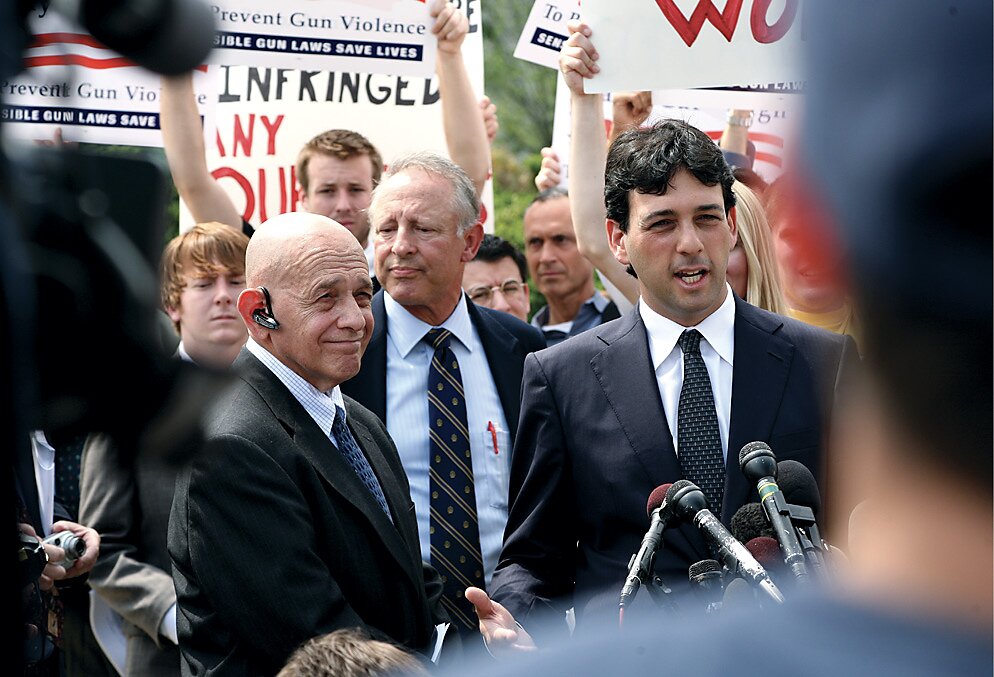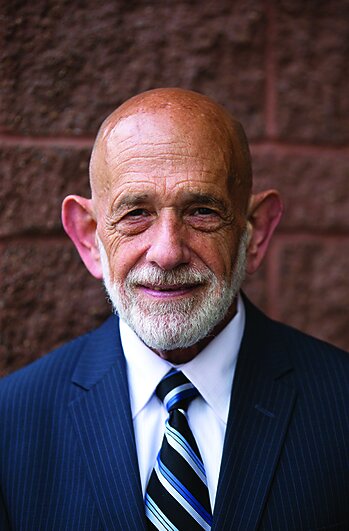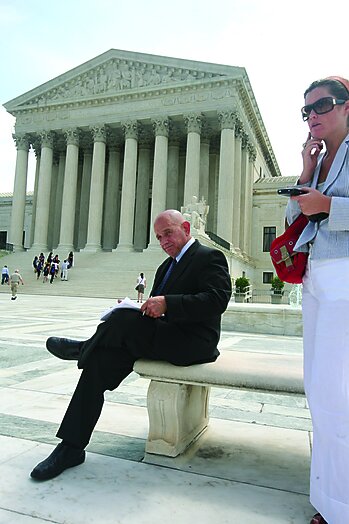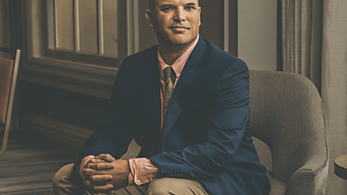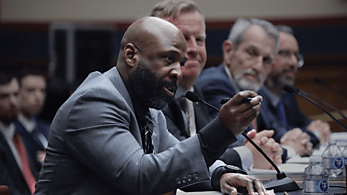Levy began his career with Cato as a senior fellow and eventually served for 26 years, including 15 on the board of directors and 14 as its chairman. During his tenure as Cato’s chairman, Levy steered the Institute with vision and decisiveness through formidable challenges. Most important, his leadership ensured that Cato remained independent and true to its mission.
Levy’s principled approach to stewarding the organization helped define Cato’s culture. No matter how heated the fights for liberty became, Levy maintained his characteristic sense of calm, good humor, and adherence to the values for which Cato stands.
“It’s nearly impossible to overstate the profound impact Bob has had on the Cato Institute,” said Peter Goettler, Cato president and CEO. “His service has been key to Cato reaching higher and higher levels of performance, while his generosity has been extraordinary. And his friendship has meant so much to many of us.”
In 1996, Levy applied to work at Cato’s Center for Constitutional Studies. He had sold his successful financial services business, earned a law degree while in his 50s from George Mason University—graduating as class valedictorian—and clerked for two years on the US District Court for the District of Columbia and the US Court of Appeals for the District of Columbia Circuit.
